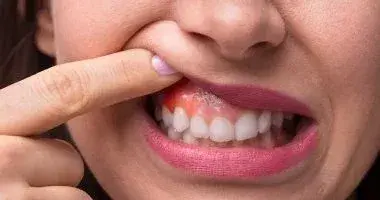Study: Tooth Decay May Harm the Brain and Increase Stroke Risk
Two new studies reveal a strong link between gum disease, tooth decay, and a higher risk of stroke — emphasizing the vital role of oral hygiene in protecting brain health.

Recent studies have found that tooth decay and gum disease are not only dental issues but may also pose a serious threat to brain health. Researchers discovered that individuals with poor oral hygiene face an 86% higher risk of stroke, while regular brushing, flossing, and dental visits may reduce the risk by up to 81%.
In the first study, scientists observed that adults with gum disease showed significant changes in the brain’s white matter, responsible for transmitting nerve signals. Dr. Souvik Sen from the University of South Carolina explained that chronic oral inflammation can lead to hardening of small brain arteries, increasing stroke risk.
The second study found that having both tooth decay and gum disease can double the likelihood of heart or brain conditions, underscoring that consistent oral care is a crucial preventive factor.
According to the World Health Organization, around 3.5 billion people worldwide suffer from dental decay or gum problems, making oral disease one of the most common chronic health issues — and a reminder that oral health means overall health.
تؤكد دراسات حديثة أن اتباع عادات بسيطة مثل النشاط البدني المنتظم وشرب القهوة يمكن أن يسهم في تقليل خطر أمراض الكبد وتحسين وظائفه بشكل ملحوظ.
أظهرت دراسات حديثة أن الجلوس لساعات طويلة وقلة الحركة اليومية قد تسبب تلف المفاصل والعضلات، مما يزيد من خطر الإصابة بالتهاب المفاصل حتى في سن الشباب.
دراسة حديثة تكشف أن تناول جرعات عالية من مكملات فيتامين سي يمكن أن يسبب أضرارًا خطيرة للكلى ويزيد خطر تكوّن الحصوات، خاصة لدى الرجال ومن لديهم تاريخ مرضي سابق.
دراسة أمريكية جديدة تكشف أن نحو 20% من حالات التهاب المسالك البولية قد تعود إلى تناول لحوم ملوثة ببكتيريا الإشريكية القولونية، مما يبرز خطر الطهي غير الجيد للحوم.




